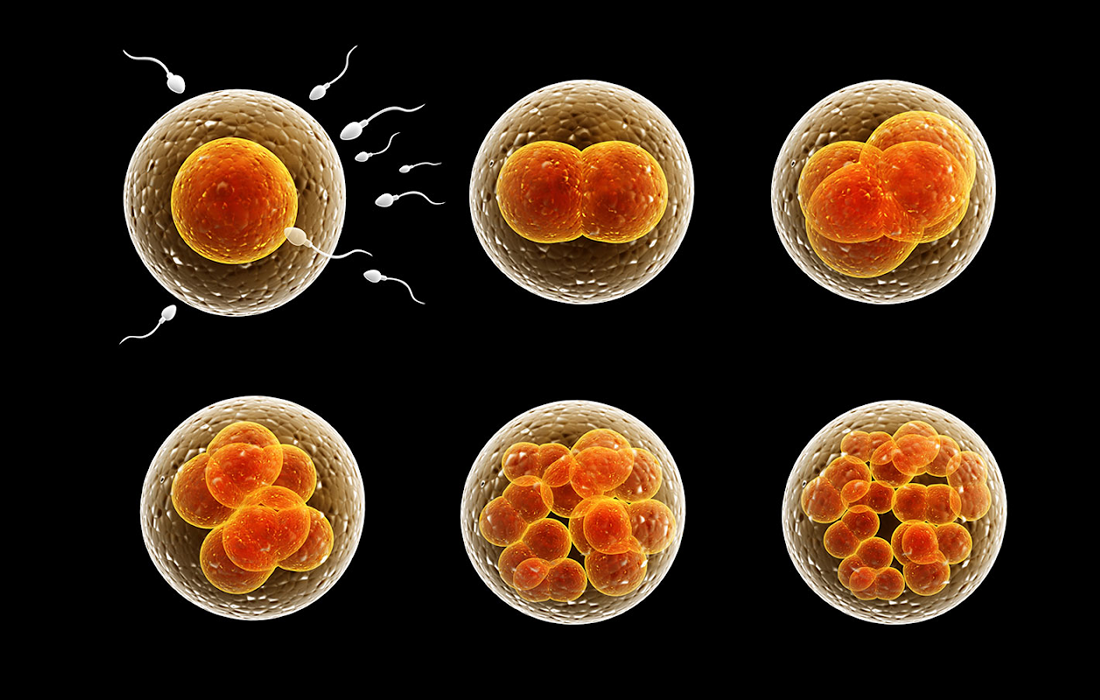People are having children later than ever before. The average age of new parents in the United States has been rising for at least the past half century. But time is tough on our bodies and our reproductive systems. For instance, as animals age, our stem cells are less effective at renewing our tissues. This […]
Author Archives: Gabriel Piña, MD
Obstructive sleep-disordered breathing (SDB) in children is characterized by snoring and difficulty breathing during sleep. SDB affects at least 12% of otherwise healthy children and can cause significant long-term issues impacting cognitive function, behavior and cardiovascular health. Evidence from small clinical trials suggests that intranasal corticosteroids improve SDB as measured by polysomnography; however, the effect […]
Overweight and obesity are well‐established modifiable chronic disease risk factors that affect >70% of US adults. The limited success of behavioral approaches targeting calorie restriction, modified diet composition, and increased physical activity to control overweight and obesity have prompted the development of alternative strategies that can increase success rates. Experimental and mechanistic studies suggest that […]
Aging and related diseases are associated with alterations in oxidative status and low-grade inflammation, as well as a decreased endoplasmic reticulum (ER) unfolded protein response (UPR). UPR is a functional mechanism by which cells attempt to protect themselves against ER stress, resulting from the accumulation of the unfolded/misfolded proteins. One group of proteins associated with […]
Nausea and vomiting affect about 85% of pregnant women and have a significantly negative impact on life quality during early pregnancy. Vitamin B6, antihistamine doxylamine, and metoclopramide may benefit patients who have nausea and vomiting during pregnancy. Alternatively, holistic remedies may be useful. Overall, there is a lack of strong evidence that any of these […]
Mood state, different from emotion, is a low-intensity, diffuse, and relatively enduring affective state. People are in a mood as soon as they wake up and could be, for instance, cheerful, irritated, hopeful, gloomy… etc., with non-specific causes. Given the relatively enduring and long-lasting nature, people carry out daily tasks while in a certain mood. […]
Human dermal fibroblasts (HDFs), the main cell population of the dermis, gradually lose their ability to produce collagen and renew intercellular matrix with aging. Exosomes are tiny sacs (30 — 150 nanometers across) that are excreted and taken up by cells. They can transfer DNA, RNA or proteins from cell to cell, affecting the function […]
For many people, keeping a healthy body weight can be a challenge. According to the Centers for Disease Control and Prevention, among adults 20 years-old and over, the prevalence of obesity is 42% in the U.S. Obesity-related conditions, including heart disease, stroke, type 2 diabetes and certain types of cancer, are among the leading causes […]
Six minutes of high-intensity exercise could extend the lifespan of a healthy brain and delay the onset of neurodegenerative disorders, such as Alzheimer’s disease and Parkinson’s disease. New research published in The Journal of Physiology shows that a short but intense bout of cycling increases the production of a specialized protein that is essential for […]
New research from the University of Alabama at Birmingham says the gut microbiome is involved in multiple pathways in the pathogenesis of Parkinson’s disease. The findings, published in Nature Communications, show a wide imbalance in microbiome composition in persons with Parkinson’s disease. The study is the largest microbiome study conducted at the highest resolution. The […]










